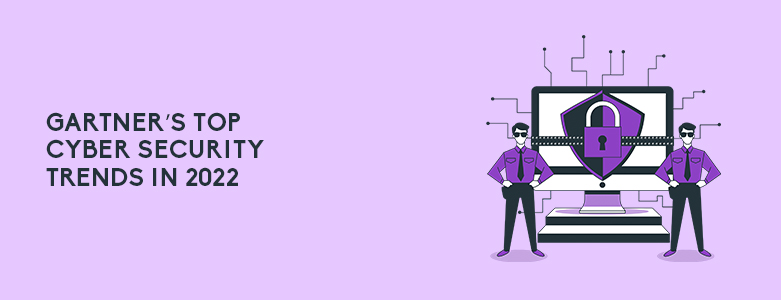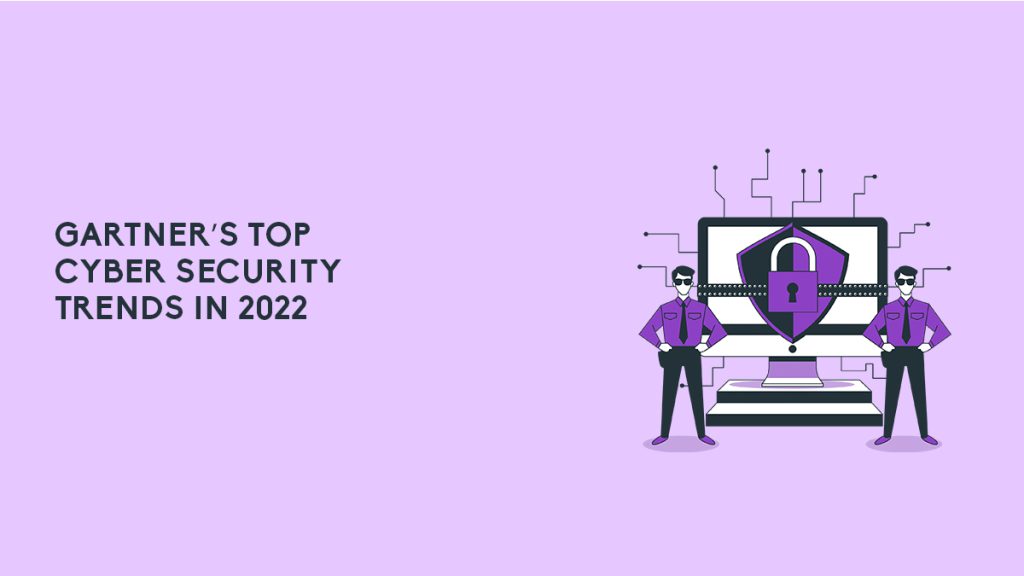
Looking back, cyber security trends were numerous this 2022. This year had many ups and downs in terms of cyber security in the Philippines as many businesses had to shift from office to remote work and now hybrid. These past few years have shown many businesses that their security solutions need to be able to adapt and handle threats that can pop up at any time. To better prepare for 2023, Gartner has published their top cyber security trends of 2022 that you and your business should be aware of.
Cyber Security Trend: Attack Surface Expansion
According to Gartner, 60% of knowledge workers are working remotely, and 18% of these workers will not return to the office. This opens businesses to many risks as more points of entry are now open to cyber criminals to go through. This includes threats associated with open-source code, IoT physical systems, cloud workloads, SaaS applications, social media and more.
Cyber Security Trend: Identify Threat Detection and Response (ITDR)
ITDR is a new term that Gartner introduced in their recent report. It is best described as a collection of tools and best practices to successfully defend identity systems from endemic level of attacks. ITDR tools are highly recommended by Gartner as a security solution to look for in the coming years. This is due it being able to support discovery and inspection, provide analysis capabilities, enable policy evaluation, and provide incident management and remediation suggestions to restore affected systems.
Cyber Security Trend: Digital Supply Chain Risk
Gartner predicts that by 2025, 45% of organizations worldwide will have experienced attacks on their software supply chains. Businesses should be more wary of these types of attacks in 2023 and the future.
Below are the four main categories that digital supply chain generally falls under:
- The potential disclosure of sensitive information shared with supply chain partners
- Compromise of infrastructure shared with supply chain partners such as networks, software, cloud service and managed services providers
- Attacks through common commercial and open-source software used in business and IT operations
- The exploitation of security flaws in the digital products sold to customers
Cyber Security Trend: Vendor Consolidation
Vendors are consolidating security functions into single platforms. This is to reduce the complexity of the growing number of technologies businesses use while creating a more attractive package to businesses. Doing this may introduce new challenges such as reduced negotiating power and potential single points of failure, the reduction in complexity and improved efficiency will lead to a better overall security.
To learn more on the other cyber security trends, you can click here to view the full article or you can contact us at marketing@www.ctlink.com.ph.

